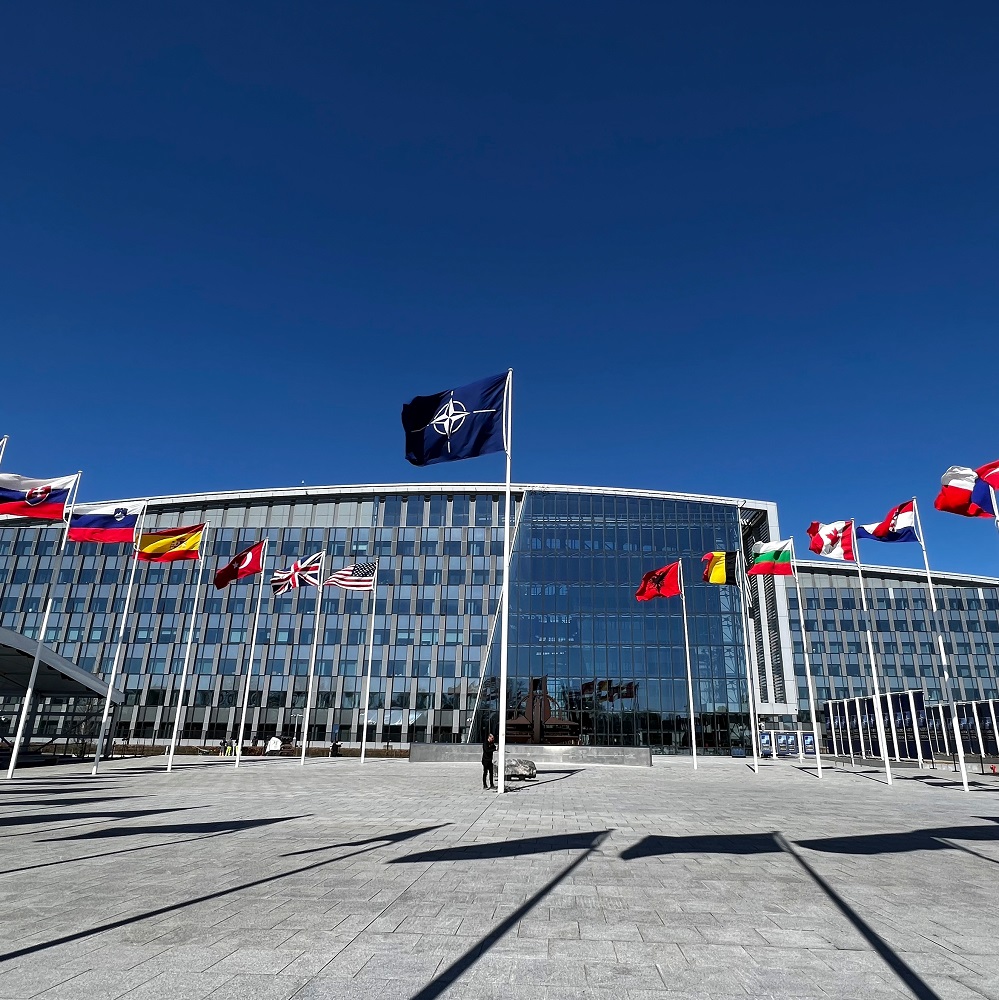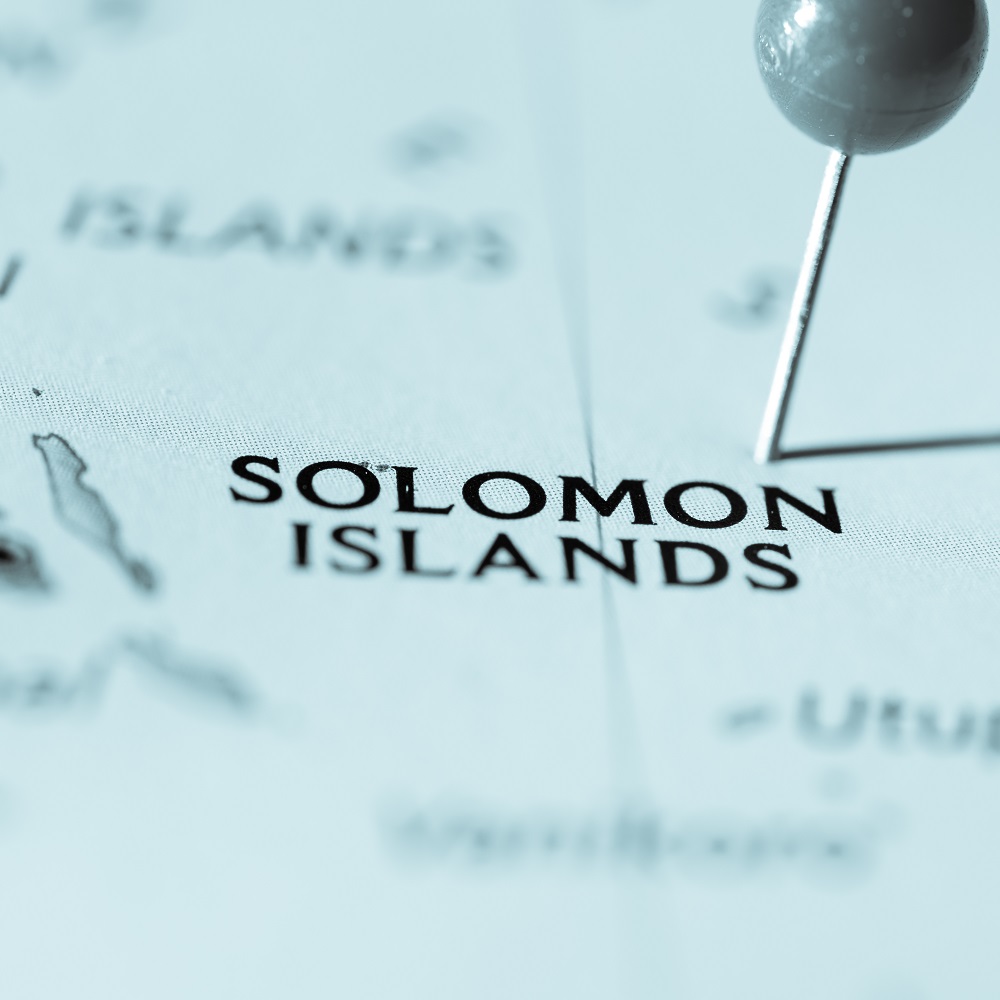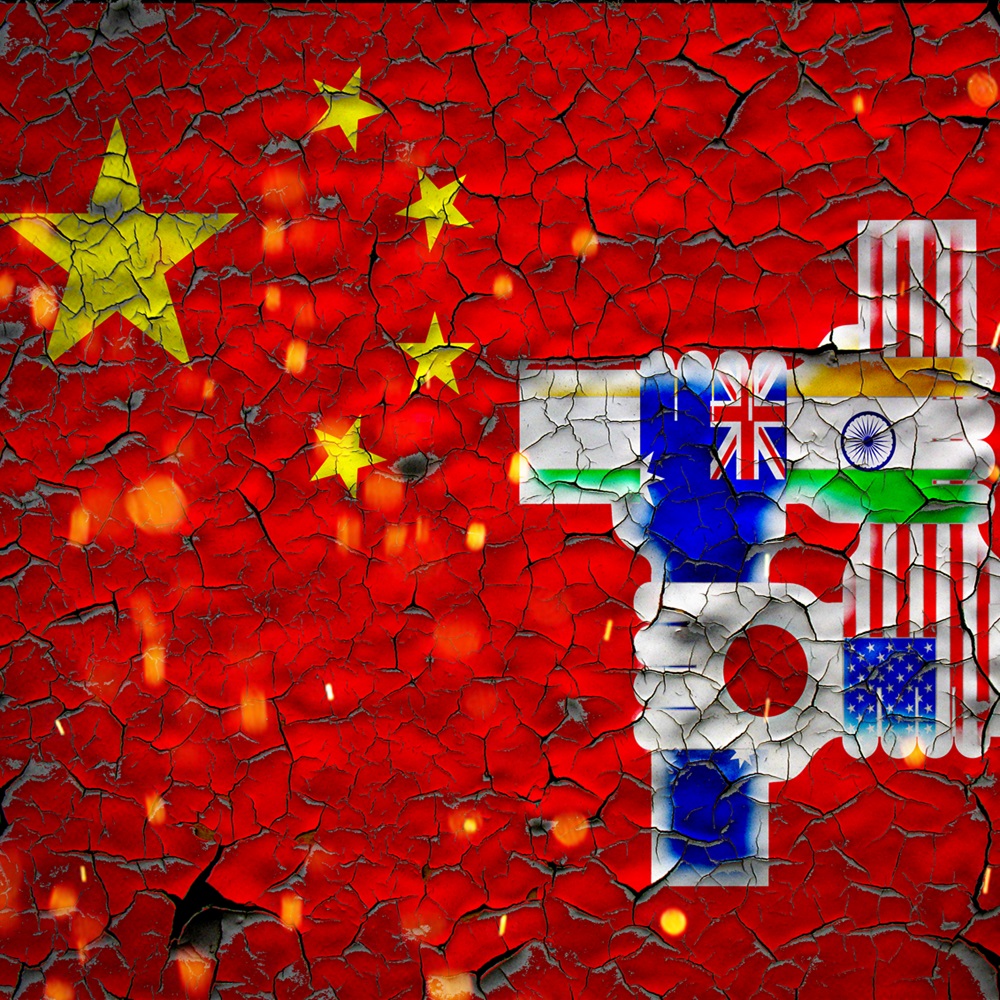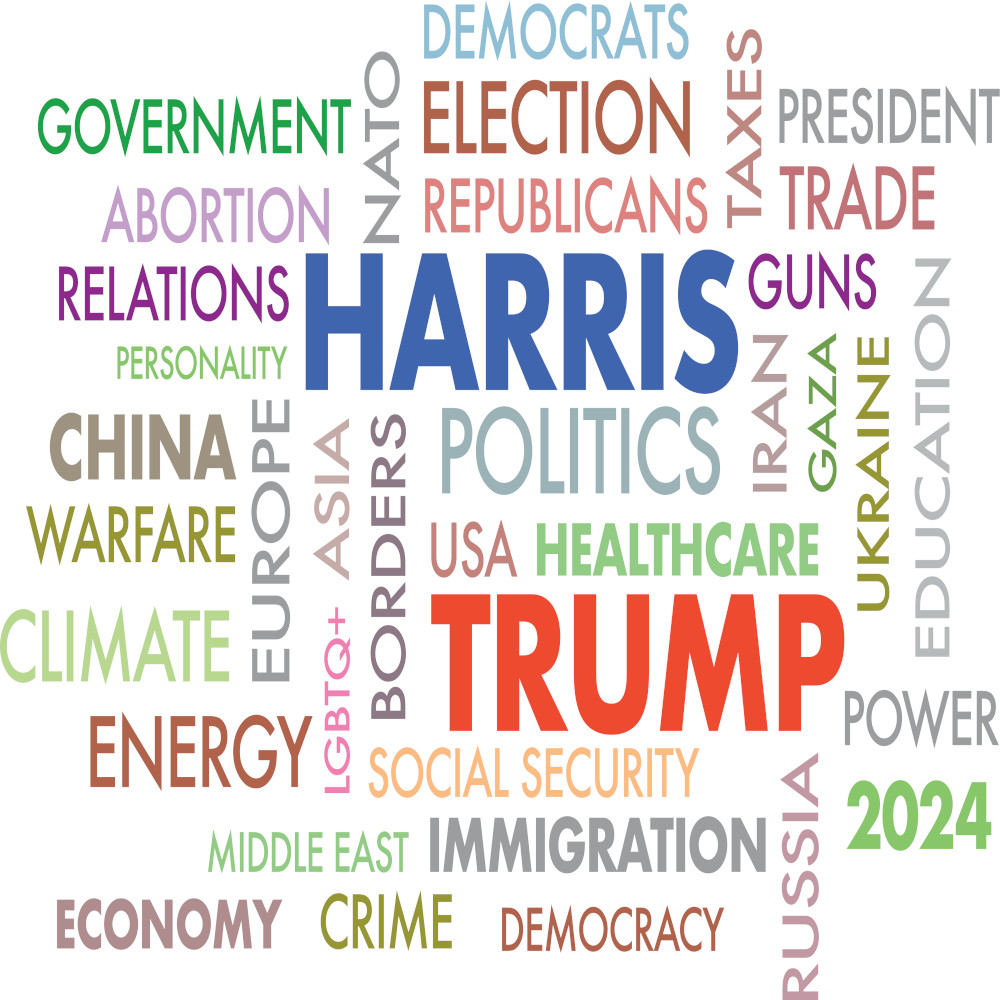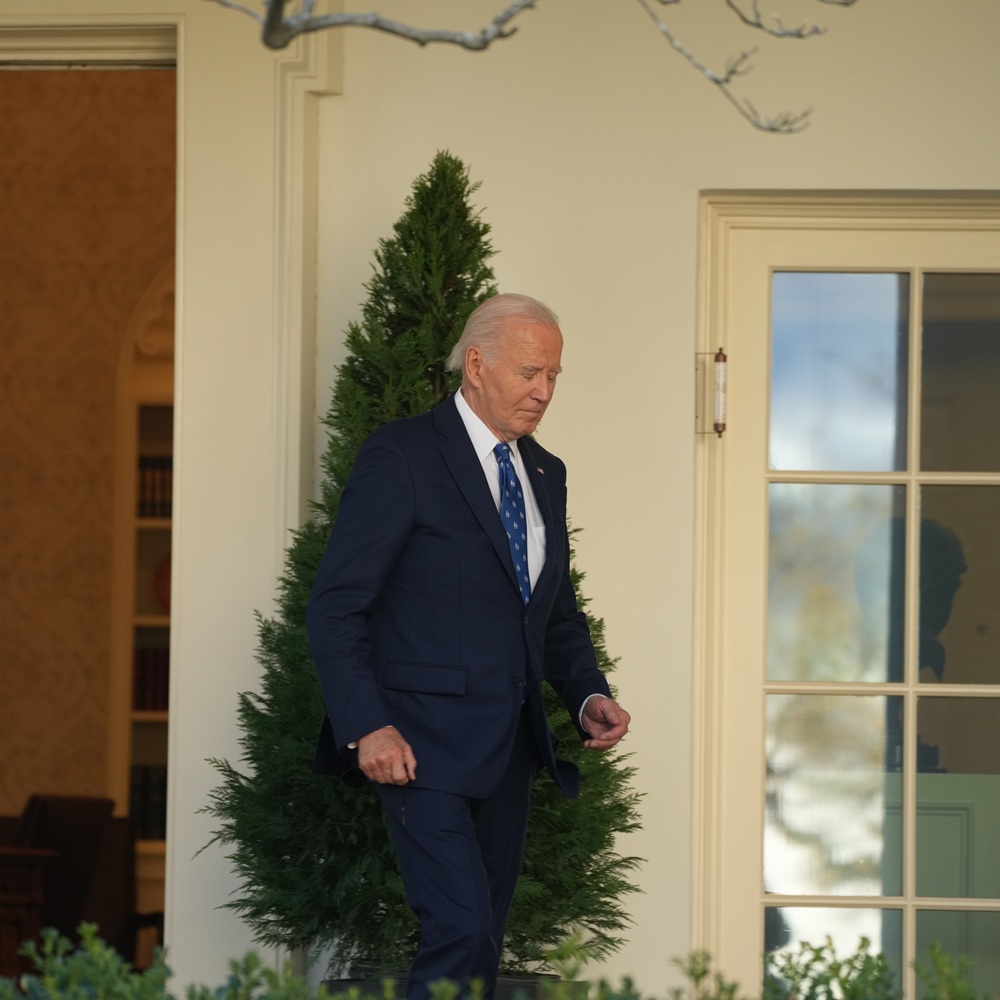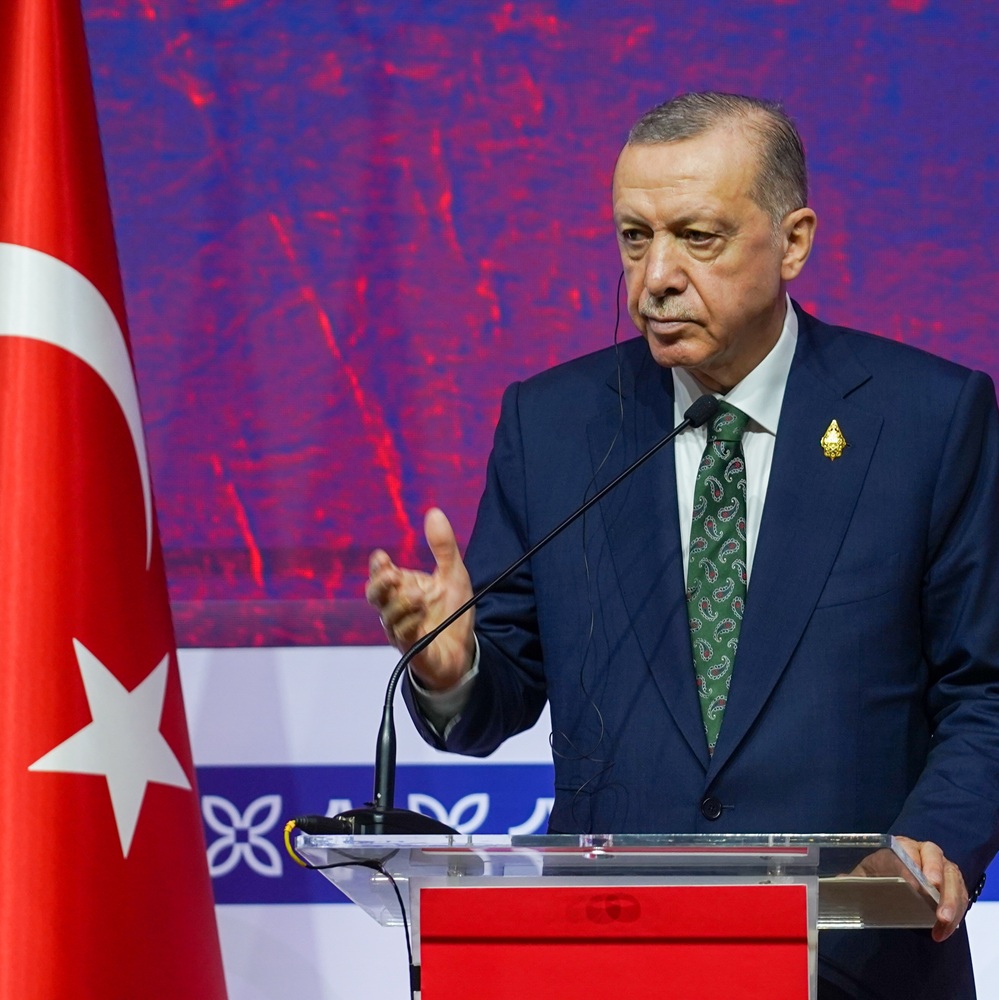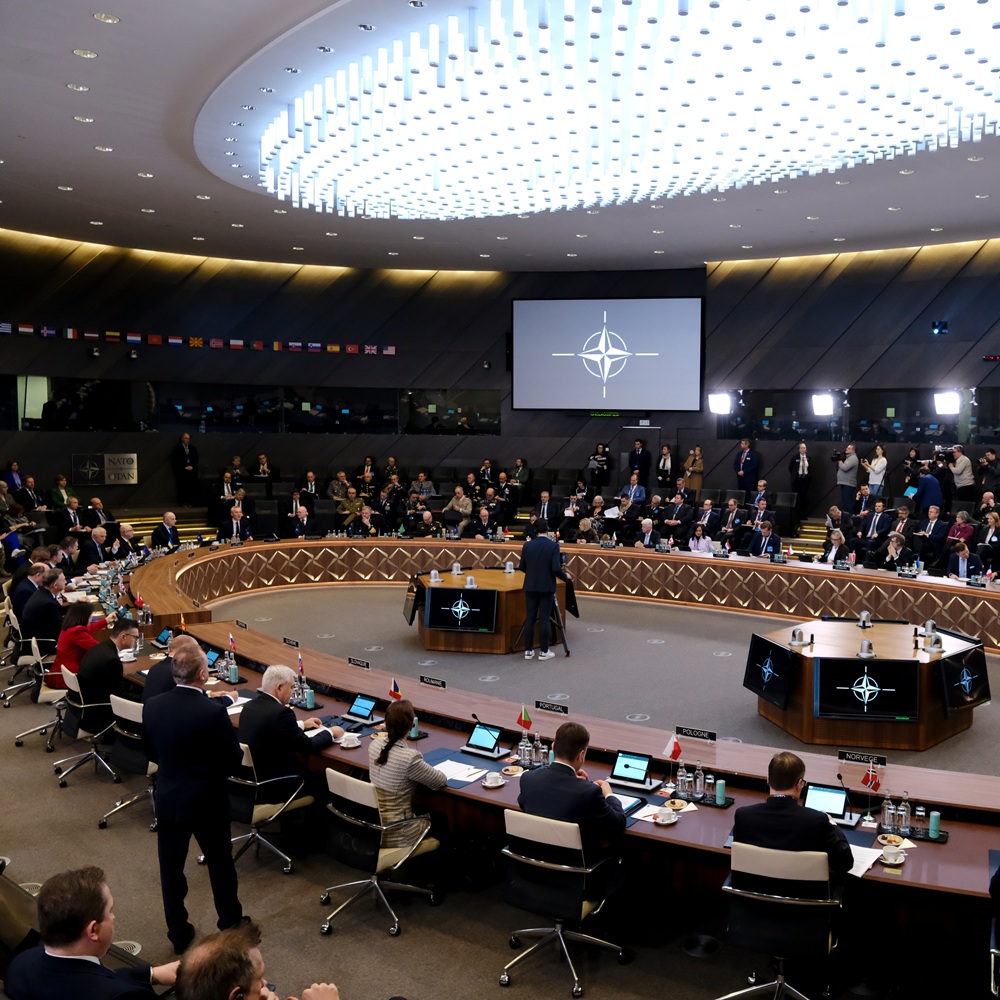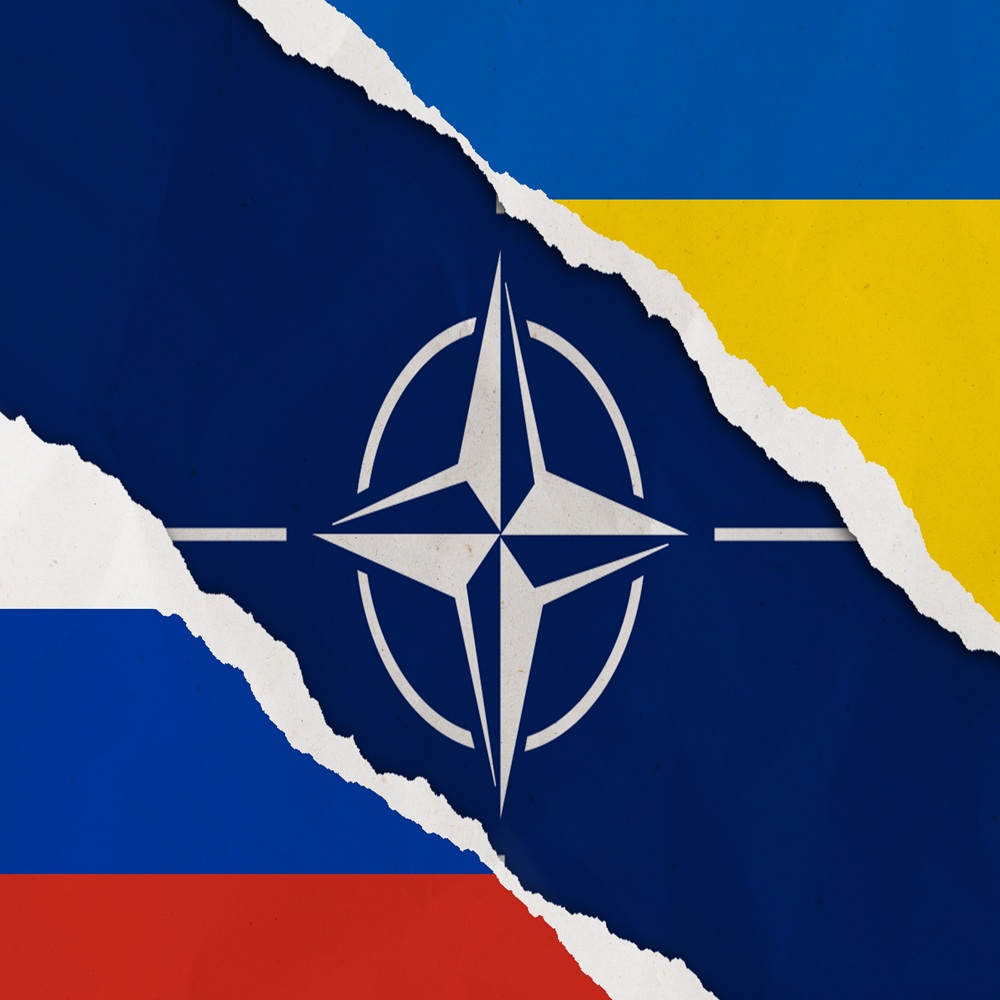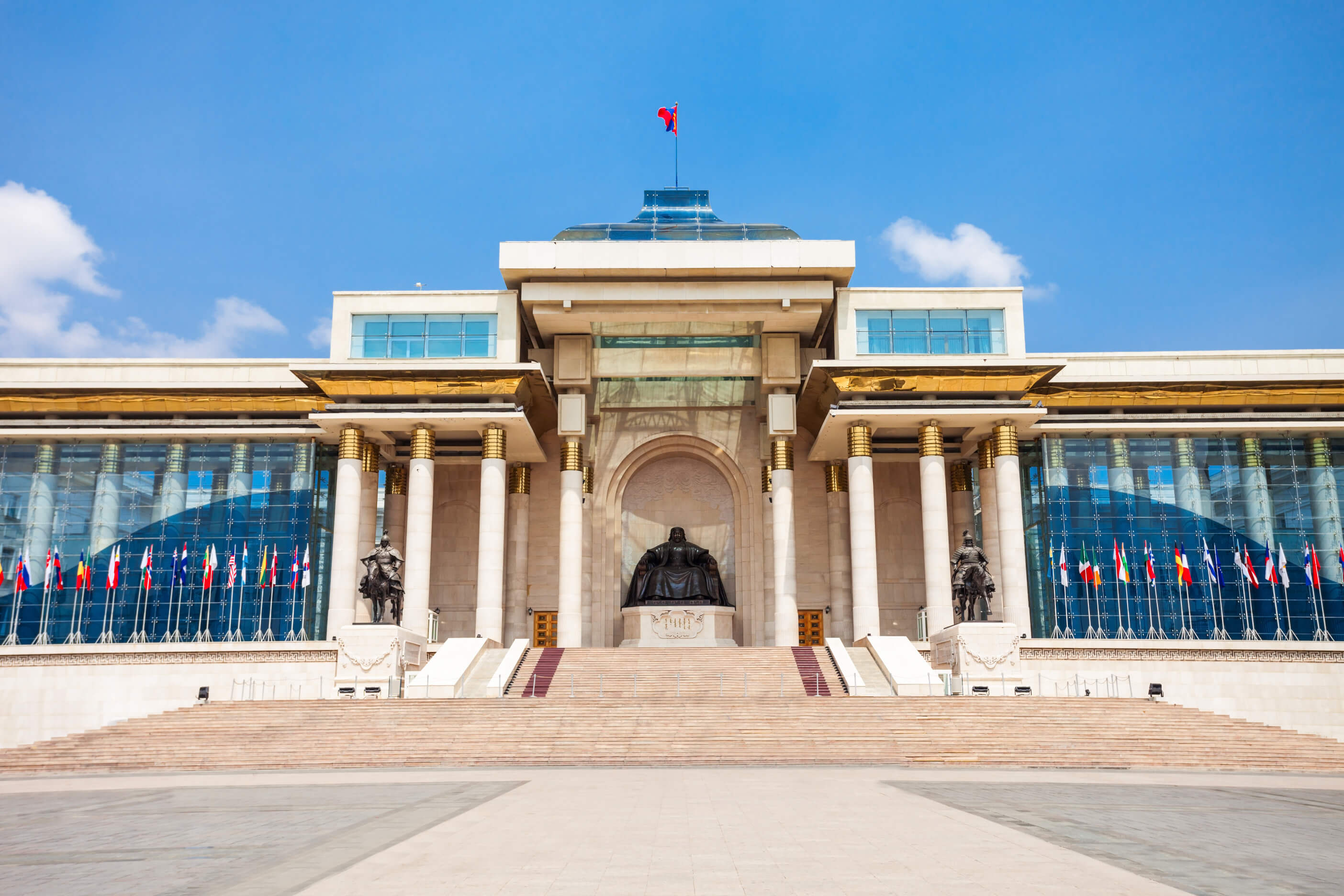
Renewed Geopolitical Rivalries: Challenges and Options for Mongolia
by Mendee Jargalsaikhan
IntroductionDuring a break in the COVID-19 pandemic, the foreign ministers of China, Russia, Japan and the United States boosted Mongolia into international headlines. Returning from the Shanghai Cooperation Organization meeting in Moscow, for instance, Chinese Foreign Minister Wang Yi stopped in Ulaanbaatar (15–16 September) with a message: Do not take sides with China’s competitors if Mongolia wants to rely on the Chinese economic powerhouse. Within the week, Mongolian Foreign Minister Enkhtaivan Nyamtseren was invited by Russian Foreign Minister Sergey Lavrov to meet on short notice. Even though the ministers jointly announced the finalization of a treaty on the permanent comprehensive strategic partnership, the Kremlin showed its will to lead trilateral economic projects (such as a gas pipeline) with China and impose the Eurasian Economic Union agenda on Mongolia. Then on 29 September, the United States Secretary of State Michael Pompeo announced the inclusion of Mongolia in his trip to visit allies in East Asia—Japan and the Republic of Korea.2 Although the trip was ultimately cancelled due to an outbreak of COVID-19 cases among White House officials, Pompeo talked by telephone with President Battulga Khaltmaa and highlighted their shared commitment to democracy and regional security. A few days later, Japanese Foreign Minister Toshimitsu Motegi, considered a key insider of then Prime Minister Shinzo Abe’s geopolitics, flew to Ulaanbaatar. In addition to updating the strategic partnership plan until 2022, the Japanese Foreign Minister’s interests centred on Mongolia’s inclusion in the Free and Open Indo-Pacific strategy. Mongolia has declared strategic partnerships with each of these great powers and is thus entering a complicated geopolitical setting. It is not entirely new. A similar scene occurred in the summer of 1991. Chinese President Yang Shangkun, Japanese Prime Minister Toshiki Kaifu and the United States Secretary of State James Baker each visited Mongolia within a month’s time. China wanted agreement to non-interference in its internal affairs, whereas Japan and the United States imposed non-reversal conditionality on Mongolia’s democratic transition to receive much-needed economic assistance. The primary difference then was the absence of Russia. This policy paper discusses the renewed geopolitical rivalries of the great powers, explains Mongolia’s challenges to manoeuvring in this tough geopolitical terrain and then proposes pursuit of a pragmatic, neutral foreign policy option similar to Finland’s strategic concessions to its neighbouring great power, the Soviet Union.Renewed geopolitical rivalriesThe great power competition also is nothing new. Even after the Cold War, China, Japan, Russia and the United States were watching each other suspiciously while avoiding unnecessary tension. In the 1990s, policymakers and academics in Japan, Russia, and the United States debated over the China threat and the consequences of China’s economic rise. Russian leaders, such as Foreign Minister and later Prime Minister Yevgeny Primakov and President Vladimir Putin, sought ways to balance with the United States and to integrate into the European economic and security framework. It was not a surprise when Putin hinted at Russia’s inclusion in the North Atlantic Treaty Organization (NATO) because the country was already supporting American military operations in Afghanistan. Similarly, in 2000, the United States Congress mandated its Defense Department to report annually on China’s security strategy and military development. China and Japan had similar outlooks. China was wary of the United States, whereas Japan remained vigilant of both China and Russia. In the mid-2000s, all these countries reassessed their long-term geopolitical and economic objectives as the geopolitical setting began to shift. With similar geopolitical concerns about American strategies, China and Russia advanced their partnership by conducting an annual joint military exercise (Peace Mission, beginning in 2005) and even demanded the withdrawal of American forces from Central Asia. When the United States proposed another round of NATO’s expansion into Ukraine and Georgia and new missile defence systems in the Czech Republic and Poland, Russia quickly reacted. This resulted in a brief military conflict with Georgia in 2008. Following the breakdown with Europe, Russia began pursuing policies to reassert its influence in former Soviet republics through the Eurasian Economic Union as well as the Collective Security Treaty Organization. China and Russia jointly strengthened the Shanghai Cooperation Organization and created a new bloc with Brazil, Russia, India and South Africa (BRICS) for collaborating on major geopolitical issues. From 2012, the great power rivalries intensified. Chinese President Xi Jinping renounced the “hide and bide” principle of Deng Xiaoping by pledging that China would take an active role in global politics. A year later, China unveiled a new grand strategy, known as the Belt and Road Initiative (BRI), to invest in infrastructure that increases global connectivity. Chinese leaders explained that the BRI is a “win–win” developmental initiative. The ambitions and ambiguity of the BRI, however, immediately raised geopolitical concern from all the great powers, as if China was about to reshape the global and regional order for its geopolitical advantage. For example, building on its earlier strategy (Pivot to East Asia), the United States launched a series of measures to contain China. It endorsed Japanese Prime Minister Shinzo Abe’s quadrilateral security dialogue (for the alliance of Japan, India, Australia and the United States) and strengthened ties with India, Myanmar, Singapore and Vietnam, all of whom are cautious of China’s economic and military powers. Meanwhile, in 2014, Russia annexed Crimea and intervened in Eastern Ukraine, based on its geopolitical concerns for Ukraine’s potential membership in NATO. Then, in 2015, Russia deployed its military to Syria to check the United States’ interventions while declaring its strategic partnership with China. In response, the United States cited China and Russia as the biggest threats in its National Defense Strategy (2018), which is the country’s long-term strategic defense document.6 The American Defense Department released its Indo–Pacific Strategy Report, and the State Department defined its Free and Open Indo–Pacific vision. Both documents prioritized containing China’s growing economic and military power in the Indo–Pacific region. In addition to sanctions against China and Russia, the United States pressured its allies to ban Chinese telecommunication companies from participating in the development of the 5G network. In contrast, Russia welcomed the Chinese telecommunication giant—Huawei—to develop its 5G network and pledged to develop Chinese missile defence capabilities. This new round of great power rivalries is changing the geopolitical setting for a small State like Mongolia.Challenges for MongoliaThe primary challenge for Mongolia is to maintain its sovereignty. For centuries, geography has dictated the country’s fate as a classic buffer State between two expansionist and rival great powers—China and Russia. While serving the Kremlin’s geopolitical interests from 1921 to 1986, Mongolia gained United Nations membership and its independence from China. During this period, Mongolia remained under close control of the Kremlin and became a militarized buffer State whenever Russian geopolitical interests were threatened. The Kremlin deployed its military three times: in 1921, 1936 and 1960. Following the Sino– Soviet rapprochement and the collapse of the Soviet Union, Mongolia normalized its relations with China and developed new ties with the United States and its allies. In the 1990s, Mongolia did not experience any geopolitical pressure from the great powers and firmly declared a series of neutrality policies. At the time, Mongolia’s two neighbours were preoccupied with maintaining their domestic matters and also coping with security concerns elsewhere. The United States and Japan focused on Mongolia’s political and economic transition while explicitly avoiding developing security ties. In that period, Mongolia adopted a series of neutrality policies: the constitutional prohibition on foreign military transition and basing, a non-aligned foreign policy stance, declaration of a nuclear weapon-free zone and bilateral treaties with all the great powers, with a “against no third party” principle. In this favourable geopolitical context, Mongolia increased Its engagement with international and regional organizations and sought ways to attract the interests of so-called “third neighbours”. The most important endeavour was its military deployment in support of American operations in Iraq, when China and Russia were strongly opposing the United States war in Iraq. Then, Mongolia deployed its military to Kosovo and Afghanistan. This military contribution resulted in close political and defence ties with the United States and NATO members as of 2003. The other endeavour was the conclusion of an investment agreement with Anglo–Australian mining giant Rio Tinto and Canadian Ivanhoe Mines to develop the Oyu Tolgoi copper and gold deposit. These endeavours triggered reactions from China and Russia. China’s security experts cautioned Mongolia’s inclusion in the American “strategic encirclement” of China, whereas Russia was wary of losing its geopolitical privileges in Mongolia to NATO members. China and Russia jointly pressured Mongolia to join the Shanghai Cooperation Organization. As a result, Mongolia became an observer in 2005. Since then, Russia has taken assertive action to secure its geopolitical and geo-economic interests in critical areas such as railway construction, the energy sector and uranium mining. To be clear, neither China nor Russia attempted in this period to influence Mongolia’s domestic politics, especially its elections. Now all these great powers want to include Mongolia in their competing geopolitical visions. China declared a comprehensive strategic partnership in 2014 and included Mongolia as one of six economic corridors of the BRI. Beijing leaders hope that Mongolia will join the Shanghai Cooperation Organization to fulfil its regionalization strategy of Central Asia. They also want Mongolia to commit to non-intervention in its internal affairs, especially in matters related to Tibet, Xinjiang, Hong Kong, Taiwan and Inner Mongolia, in return for economic assistance and market access. In 2019, Russia quickly upgraded its strategic partnership with conclusion of a permanent treaty, which imposed Mongolia’s adherence to the Russian geopolitical agenda. Specifically, the treaty prioritizes bilateral consultations, renews defence technical cooperation and requires Mongolia’s adherence to the 1,520 mm (Russian standard railway gauge) for the railway extension. As hinted by some Russian officials, the Kremlin even dreams of Mongolia’s inclusion in the Eurasian Economic Union and the Collective Security Treaty Organization, considering how Mongolia is traditionally wary of Chinese expansion. The United States and Japan have included Mongolia in their Free and Open Indo–Pacific strategy because Mongolia shares similar values (democracy, human rights) and security concerns regarding China and Russia. Interestingly, the American Pentagon’s Indo–Pacific Strategy (June 2019) identified Mongolia as a “reliable, capable and natural partner of the United States,” while designating Mongolia’s two neighbours as the biggest security threats: China as a revisionist power and Russia a revitalized Malign Actor. The American State Department’s Free and Open Indo–Pacific visionary document highlights Mongolia as one of the beneficiaries and supporters of its strategy. Japan also included Mongolia in its Partnership for Quality Infrastructure (PQI), a developmental assistance alternative to China’s BRI, and designated a new international airport and railway flyover (Sun Bridge) in Ulaanbaatar as PQI projects. Like many small States, Mongolia’s challenge is determining how to manoeuvre in this round of great power competitions without compromising its sovereignty and undermining its institutions of democratic governance.Options for MongoliaIdeally, the best option for Mongolia is to maintain friendly ties with all the great powers and to benefit economically as it sits at the merging point of different geopolitical strategies. In fact, this has been the case to a certain degree. Mongolia’s nuclear weapon-free zone status has been endorsed by all permanent members of the United Nations Security Council. The country’s peacekeeping efforts, whether military deployments or hosting training events, have been supported by all the involved great powers. Both China and Japan have aided in road development, such as with the Chinese-built Moon Bridge (BRI funding) and the Japanese Sun Bridge (PQI project) in the capital city. At the moment, China and the United States are assisting to improve the capital city’s water supply and infrastructure. Hopefully, China and Russia will construct a natural gas pipeline through Mongolia, which would increase trilateral economic cooperation. Current trends, however, force a consideration of the likelihood of consequences in the worst- and best-case scenarios. The most likely worst-case scenario has China alone or together with Russia entering into conflict with the United States. This circumstance would force Mongolia to limit its relations with the United States and even to stand with its neighbours against the United States and its allies. The other worst-case scenario, which is less likely at the moment, is the emergence of Sino–Russian geopolitical tension. This would create the direst situation, in which Mongolia could easily fall into the control of either neighbour or become a battleground. The best-case scenarios are also possible and would create a favourable overarching setting for Mongolia to manoeuvre and maintain its sovereignty. The best-case scenarios have all the great powers seeking strategic stability because they are intertwined with domestic challenges or geopolitically distracted elsewhere. In all these scenarios, the primary objective for Mongolian leaders would remain the same—to maintain sovereignty and independence. However, Mongolia’s options to maintain its sovereignty are limited. First, it is a regionless country. Therefore, it cannot rely on any regional security alliance, such as NATO or the Collective Security Treaty Organization. The only close alliance is the Shanghai Cooperation Organization, but Mongolia is wary of jeopardizing its sovereignty if it joins. Second, it is impossible for leaders in Ulaanbaatar to gain security guarantees from one or several of the great powers, with the possible exception of Russia. Leaders in Washington and Tokyo are not likely to make any such deal as with the Philippines or Taiwan. Mongolia is too cautious of losing its sovereignty to Russia and provoking China by renewing the mutual defence clause with Russia. Lastly, Mongolia is too economically poor to build its defence capabilities in a way that is similar to Singapore, Switzerland and the Democratic People’s Republic of Korea. Therefore, the most suitable option would be to make strategic concessions to the great powers following the example of the Finnish experience during the Cold War. This option requires that Mongolia avoid joining in the security alliance of any great power, just as Finland avoided joining NATO and the Warsaw Pact. In this sense, Mongolia should not attempt to upgrade its current level of confidence-building security defence relations with members of NATO, the Collective Security Treaty Organization and, potentially, the Shanghai Cooperation Organization (if it turns into a regional security organization). In regard to the Free and Open Indo– Pacific, Mongolia should limit its security cooperation to specific areas: peacekeeping, humanitarian assistance, disaster relief and defence diplomacy. This type of neutrality policy would also require Mongolia to abstain from taking any stance on controversial matters related to its neighbours and their geopolitical competitors. Such avoidance would help Mongolia to promote itself as a neutral place for all great powers to negotiate, such as the Finnish model of the Helsinki process. At the same time, Mongolia should strengthen its democratic governance: the parliamentary system, civil society and the rule of law. Democratic governance would distinguish Mongolia’s identity within the authoritarian great powers and ensure self-rule free from those great powers. One of the downsides of this type of neutral, pragmatic strategy, however, is its limit on participation in foreign policy decision-making processes. This requires that only professional diplomats handle foreign policy matters while encouraging informed public discourse. In return for this neutral policy, Mongolia would expect the great powers to respect its sovereignty and restrain any actions to influence its policies.ConclusionWhen the foreign ministers of the great powers gave some attention to Mongolia in the fall of 2020, Mongolia reacted with proactive diplomacy amid the pandemic. On 29 February, Mongolian President Battulga became the first foreign dignitary to visit China during the pandemic and extended a gift of 30,000 sheep as a goodwill gesture. On 21 June, the Mongolian airline, MIAT, conducted a long-awaited flight to North America and delivered more than US$1 million worth of assistance and 60,000 personal protective equipment to the United States. On June 24th, despite Russia having the second highest number of coronavirus cases, the Mongolian military marched in the Victory Day Parade, marking the 75th anniversary of the Soviet victory in the Second World War, in which Mongolia stood as a close ally. As with the proactive diplomacy, the renewed geopolitical tensions among the great powers will require unity, patience and deft diplomacy from Mongolian leaders to steer through the rough sea.









